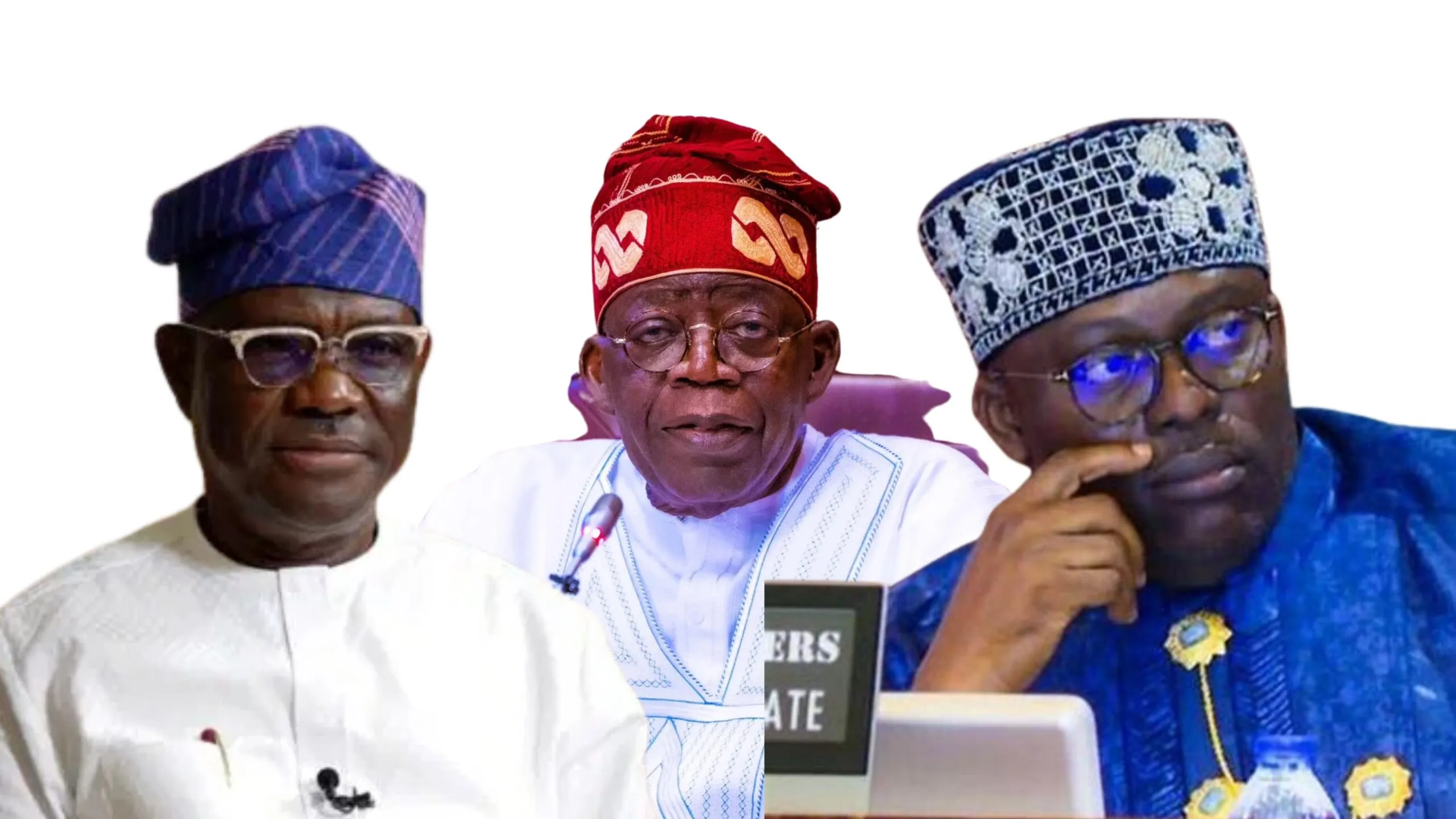The recent political turmoil in Rivers State has culminated in President Bola Tinubu’s declaration of a state of emergency, leading to the suspension of Governor Siminalayi Fubara and other key officials. This decisive action has sparked widespread debate, particularly regarding the perceived partiality of the President and the conspicuous absence of accountability for Nyesom Wike, the Minister of the Federal Capital Territory (FCT) and former governor of Rivers State.
Genesis of the Crisis
The discord in Rivers State has been intensifying over several months, primarily due to tensions between Governor Fubara and state lawmakers. Allegations against Fubara include unauthorized budget presentations and unconstitutional legislative actions, leading to impeachment proceedings initiated by pro-Wike legislators. This political instability has been further exacerbated by incidents of pipeline vandalism, notably a fire on the Trans Niger Pipeline, which significantly disrupted oil production in the region.
Presidential Intervention and Allegations of Bias
In response to the escalating crisis, President Tinubu declared a state of emergency on March 18, 2025, suspending Governor Fubara, his deputy, and all state lawmakers for six months. Retired Vice Admiral Ibokette Ibas was appointed as the military administrator to oversee the state’s affairs during this period.
Critics have pointed out that President Tinubu’s address placed substantial blame on Governor Fubara for the state’s instability, while conspicuously omitting any mention of Nyesom Wike’s involvement. This omission has led to accusations of presidential bias, given Wike’s prominent role in the political dynamics of Rivers State.
Reactions from Political Figures and Analysts
Austin Tam-George, a former Rivers State Commissioner of Information and Strategy, expressed disappointment in the President’s approach, asserting that Tinubu’s intervention appeared skewed in favor of Wike. He highlighted that Wike and his supporters had been instrumental in destabilizing the state, suggesting that the President’s actions provided tacit support to Wike’s faction.
Similarly, Adamu Garba, a chieftain of the All Progressives Congress (APC), called for the suspension of Wike to ensure equitable treatment of all parties involved in the crisis. Garba emphasized the necessity of addressing the roles of all key actors to foster a fair resolution.
Legal and Constitutional Concerns
The Nigerian Bar Association (NBA) has criticized the suspension of elected officials, deeming it unconstitutional. Afam Osigwe, the association’s president, stated that a declaration of emergency does not automatically dissolve or suspend elected state governments, raising concerns about the legality of the President’s actions.
Conclusion
The unfolding events in Rivers State underscore the complexities of Nigerian politics, where alliances and power dynamics significantly influence governance. The perceived partiality in presidential interventions and the sidelining of key figures like Nyesom Wike in accountability discussions have intensified debates about fairness and the rule of law. As the situation develops, it remains imperative for all stakeholders to prioritize constitutional principles and equitable governance to restore stability and public confidence in the state’s leadership.





